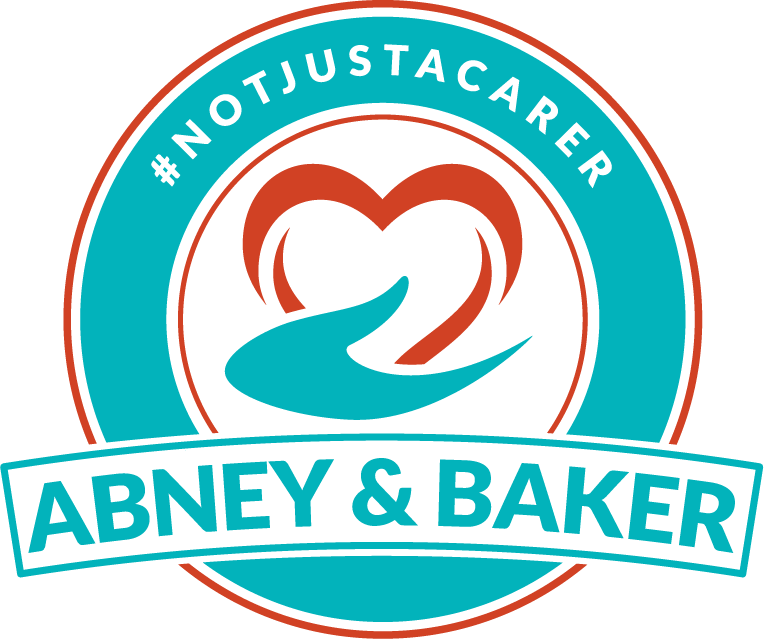If you’re thinking about care and support for a loved one, you’re probably wondering how to approach the subject with them.
Often, it’s close family and friends who see the need for support sooner than the person who would be receiving the support. Working out how to talk to a family member about care is a challenge faced by almost everyone looking into care for a loved one.
You’re not alone.
Here are some useful tips on how to open the conversation and how to demonstrate the positive benefits that care and support at home can bring.
Download your guide to talking to a loved one about care.
Tip 1: Listen to them
It may seem obvious, but the last thing anybody wants is to feel that they are being pressured into accepting care or being left out of the decision-making process. Their perspective may differ from yours, but it is vital you consider their opinion.
They may not be able to see the benefits of care and support straight away and may put up barriers or dismiss the idea. This is an understandable and natural reaction when they are concerned about losing their independence, even if the reality is that care and support can improve independence.
You may well feel that they are just set in their ways and being stubborn, but the idea that they need support can take some getting used to. The understanding and support of their family is crucial in helping them come to a decision they are comfortable with.
The key here is to understand their specific worries and then to chat these through openly and with empathy.
Tip 2: Take it one step at a time
Introducing the subject of care and support gradually over a period of time allows your loved one to get used to the idea. It also gives them the chance to ask questions that occur to them as they adjust.
This approach avoids the danger of having big, serious conversations that may take your loved one by surprise. This could make the idea of accepting any care and support seem scary leaving your loved one focused on their fears and worries, rather than on the life-improving benefits that this service can bring.
Tip 3: Start small
The beauty of care and support at home is that it can be completely flexible, providing as much, or as little, as your loved one needs or wants. It can also work well alongside other care arrangements such as from family members or friends. Why not suggest starting with a visit once or twice a week so they can start to see the benefits for themselves, and see how it can help make life better both for them and those they care about?
Supporting your loved one to remain in the familiar setting of their home and retaining their independence is the goal here. Take a little time to gently introduce care and support. Once they’re accustomed to a carer coming in, and feel comfortable with this, additional support is easier to contemplate should needs change in the future.
Helping you to continue living independently and confidently in your own home.
By providing a range of support at home, we’re helping many clients across Bath & North East Somerset and West Wiltshire retain their independence and stay in control in the comfort of their own homes.
Remember we’re always here if you want to chat about your care options. Just get in touch:
Call 0333 043 4880 or email enquiries@abneyandbaker.com

